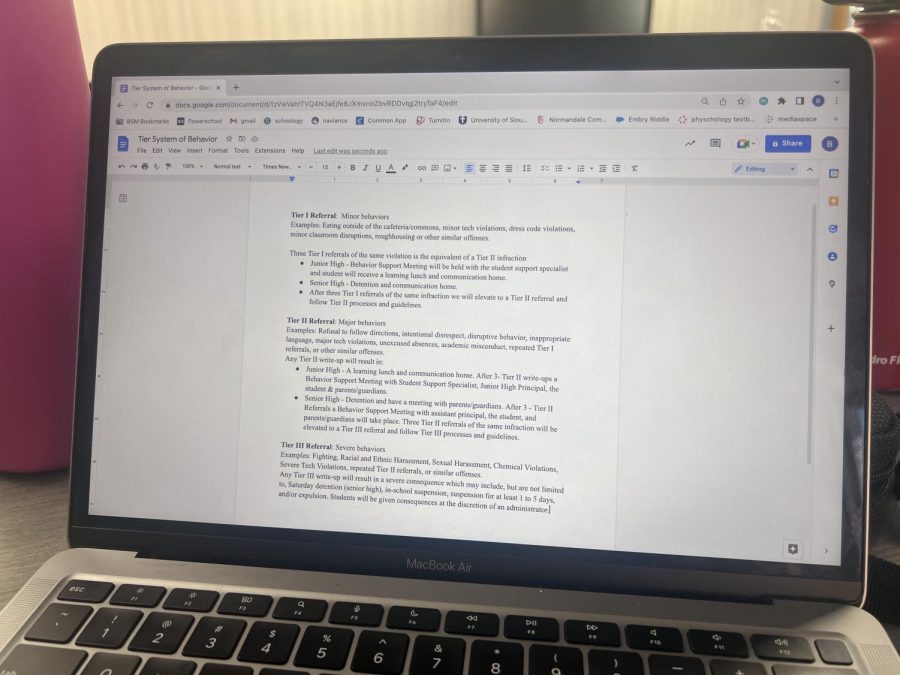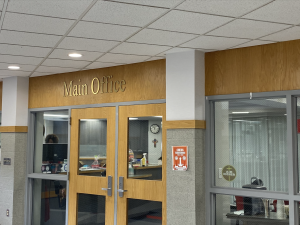A New Tier System of Behavior Makes Its Way Into the Senior High
BSM implemented a new Tier System for behavior this school year.
September 15, 2022
BSM’s Assistant Principals Matt Weingartz and Michael Kautzman have adopted a new tier system of behavior that is being implemented throughout the senior high. This new system consists of three tiers with ascending severity of behavior along with corresponding consequences for each tier.
The system was created in an effort to stop repetitive behaviors from becoming bad habits by aligning certain consequences with certain actions. For example, multiple tardies, dress code violations, or instances of classroom roughhousing would fall under Tier One, and would result in a detention or any sort of similar consequence. Tier Two violations get more serious, including things like skipping school or cheating on summative assessments, and Tier Three handles the most severe actions such as fights or harassments of any kind. Dividing these misdemeanors into different levels allows there to be clarity when it comes to actions and their consequences, while also providing opportunities for students to reform their behavior.
Though this system is new for the senior high, the junior high has been using it for three years, and the positivity that stemmed from it caused the senior high principals to include it in the senior high handbook. “Part of it was consistency between junior high and senior high. So if you are a student here at the junior high, and it’s the same system, then maybe you don’t see any difference. And then it also, I think it’ll improve communication and consistency and making sure you know, because [Kautzman and I] are two different people, to make sure that if a kid gets a dress code, then we both know, okay, this is what happens,” Weingartz said.
The system was ultimately added to the senior high handbook to foster an environment with a strong focus on education, because once classroom disruptions get to a certain level, students are unable to receive a strong education. Weingartz explained that these frequent recurrences causing such classroom disruptions without a change in behavior would be considered a Tier Three infraction and could possibly result in removal of the student from the classroom or school entirely. “And at that point, you’re not learning, because ultimately, we’re a school about education. So if you’re not learning, you’re doing things that disrupt the environment and the culture and can no longer be part of that,” Weingartz said.
All in all, this system is designed to create a clear and concise display of where actions fall and their complementary consequences, and is planned to stay at BSM for years to come. “So after a year, we’ll judge from experience what might need to be adapted to make it even better and keep building on it,” Kautzman said.





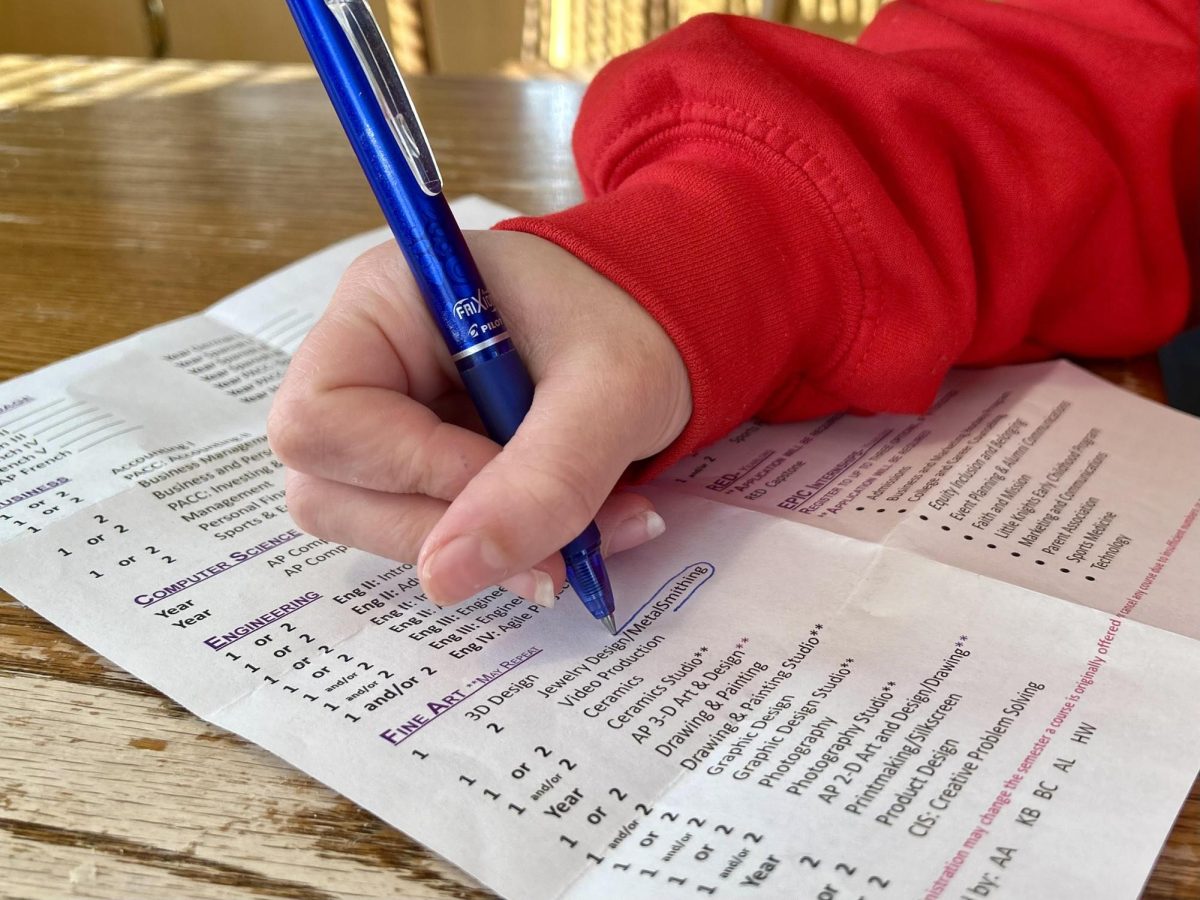

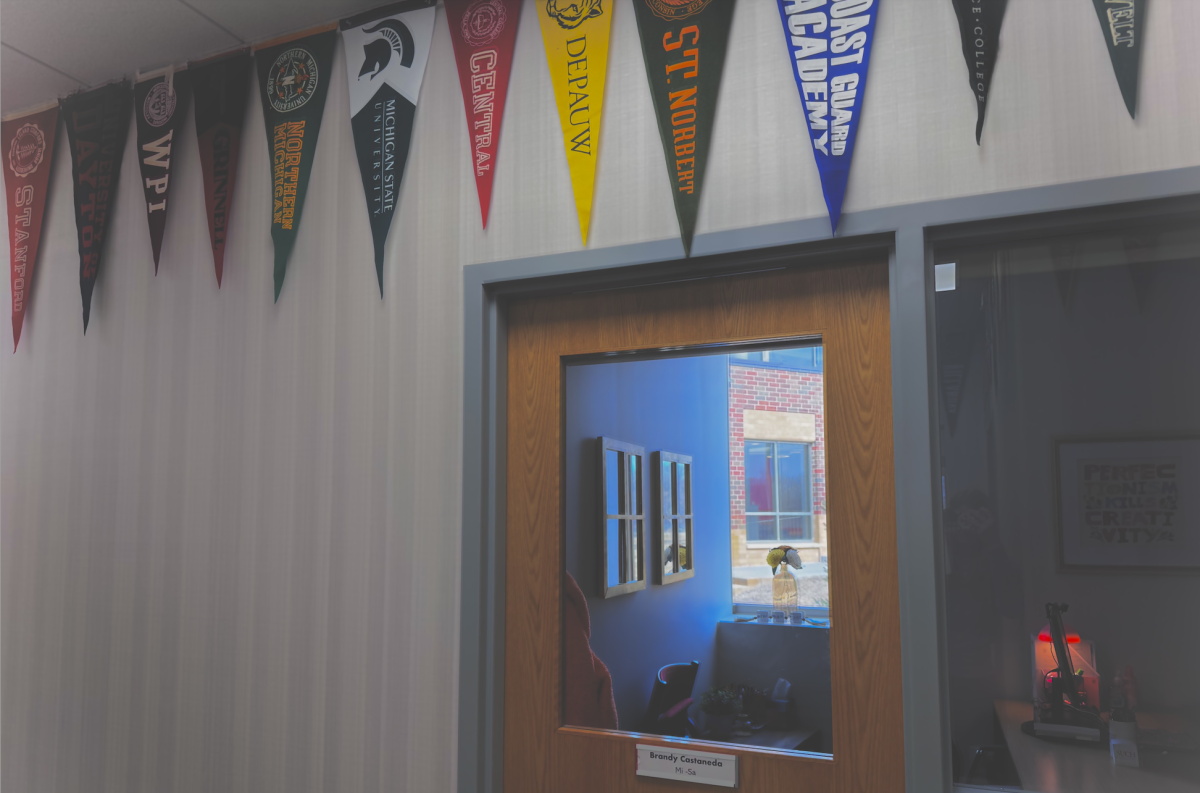
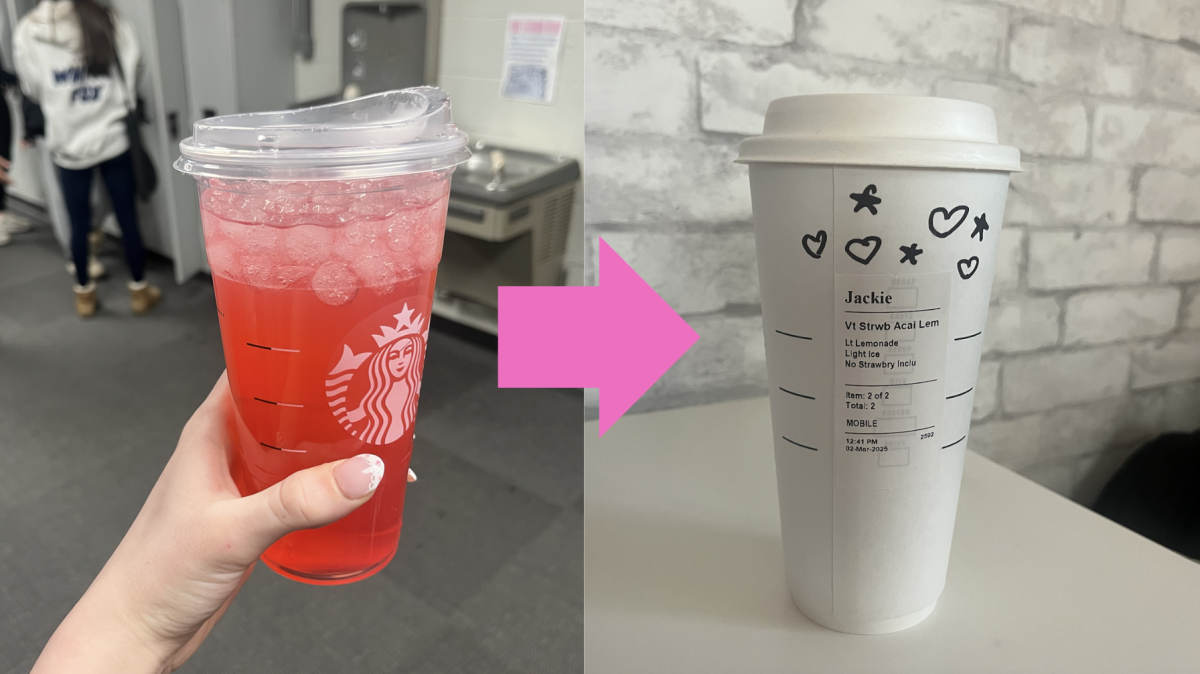
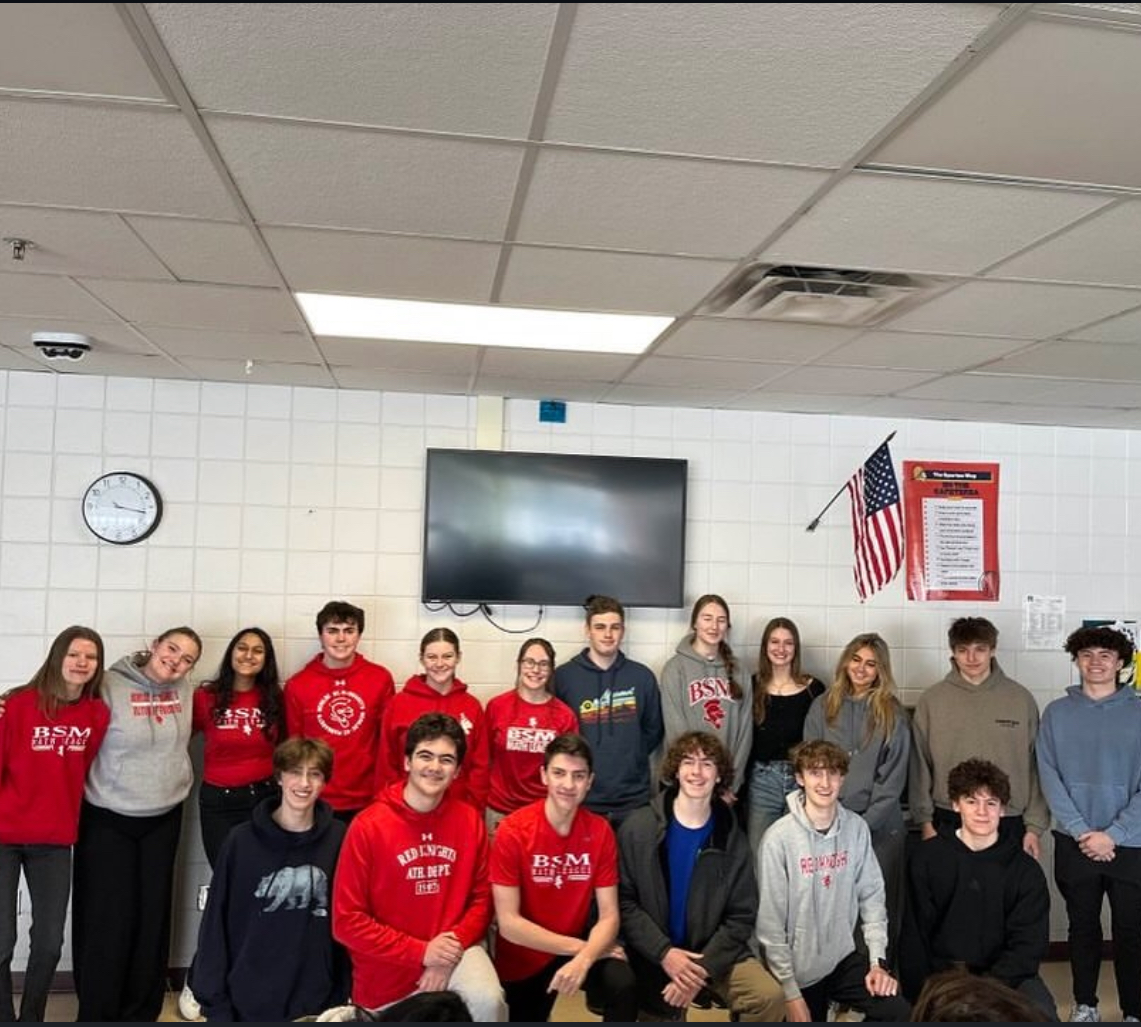




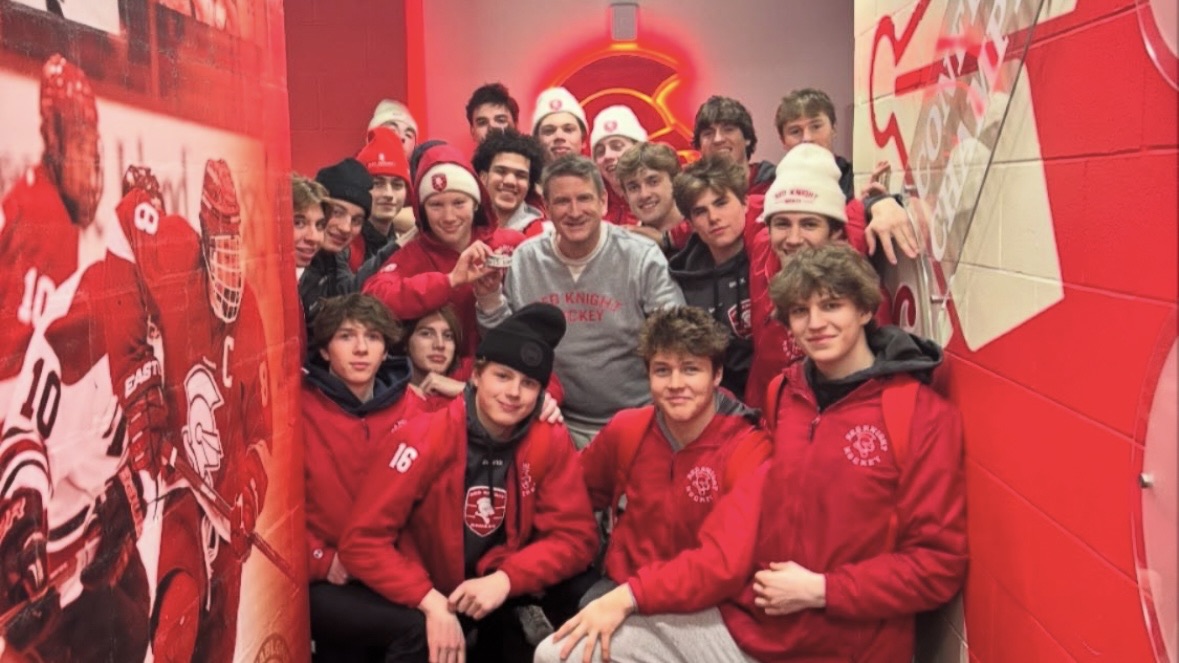












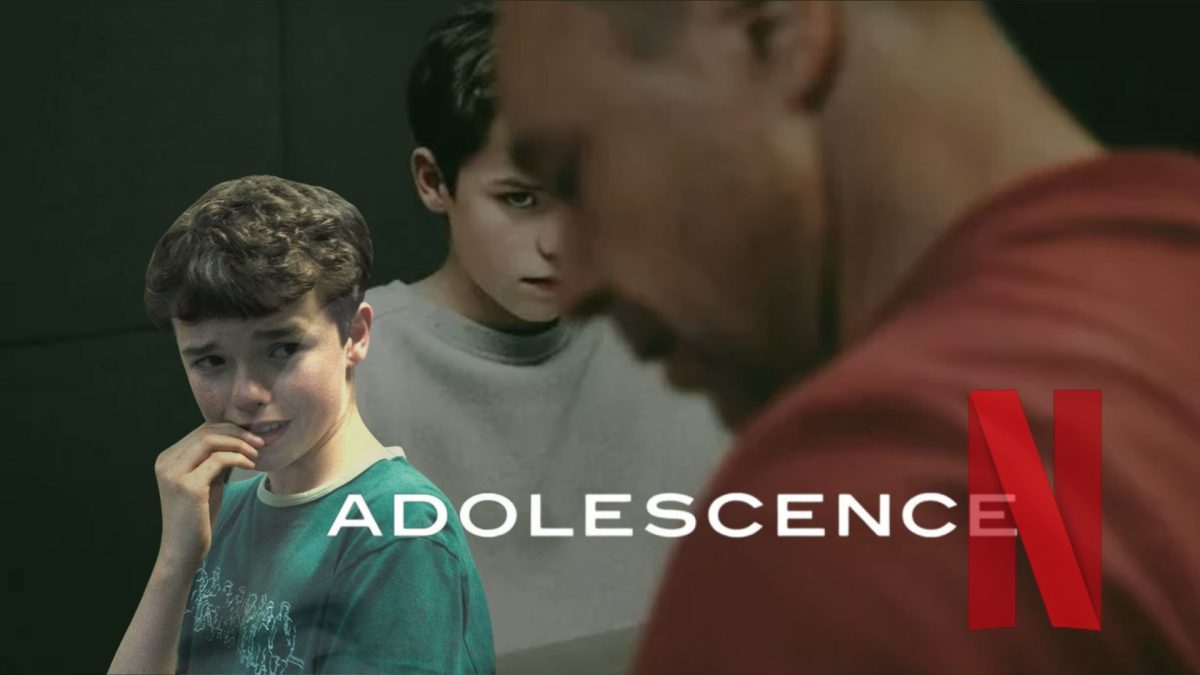

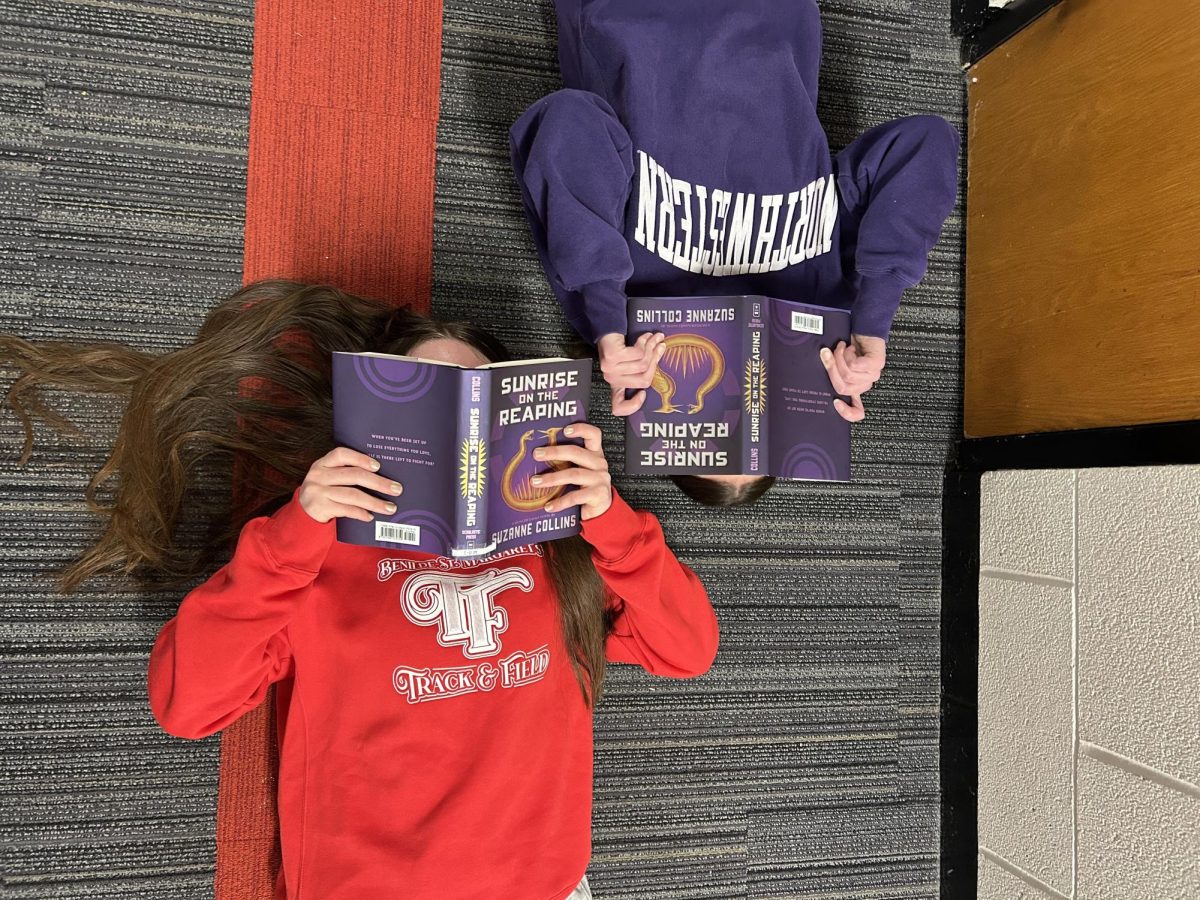






![Teacher Lore: Mr. Hillman [Podcast]](https://bsmknighterrant.org/wp-content/uploads/2025/03/teacherlorelogo-1200x685.png)




